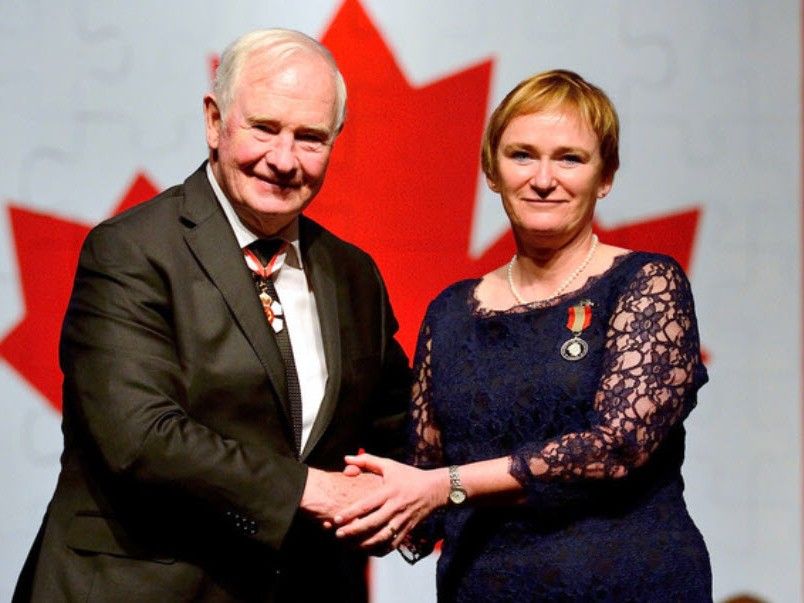‘i was doubled over in pain’
chana cohen was 38 years old when she was diagnosed with stage iii colon cancer. a young mother from montreal, it took three years to be diagnosed after she first saw a doctor about her symptoms, which included stomach pain and blood in her stool.
though she had a referral for a colonoscopy, she was refused, and told she was too young for it to be colon cancer. finally, in may 2015, she had had enough.
“i said, ‘listen, i have no quality of life. i’m, like, doubled over in pain,’” she says. “’i wake up and i have shooting pains in my stomach.’”
cohen’s original doctor referred her to a gi specialist colleague, who heard her symptoms and immediately booked her a colonoscopy. he couldn’t complete it: there was a tumour about seven inches causing an obstruction. she had surgery, done by the original doctor who had refused her colonoscopy. he was extremely apologetic. but cohen had no need for retribution.
“i said, ‘please, let this be a lesson that if anybody that you come across has this kind of situation,’” she told him. “’please, please, please, just give them the benefit of the doubt, do the colonoscopy.’”
covid-19 and cancer screening
we have all watched the pandemic ravage canada’s already precarious health-care systems, a situation that has driven advocates to push for more awareness of colon cancer — from educating general practitioners on recognizing symptoms, to patients understanding what is normal and what is not.
 6 minute read
6 minute read









